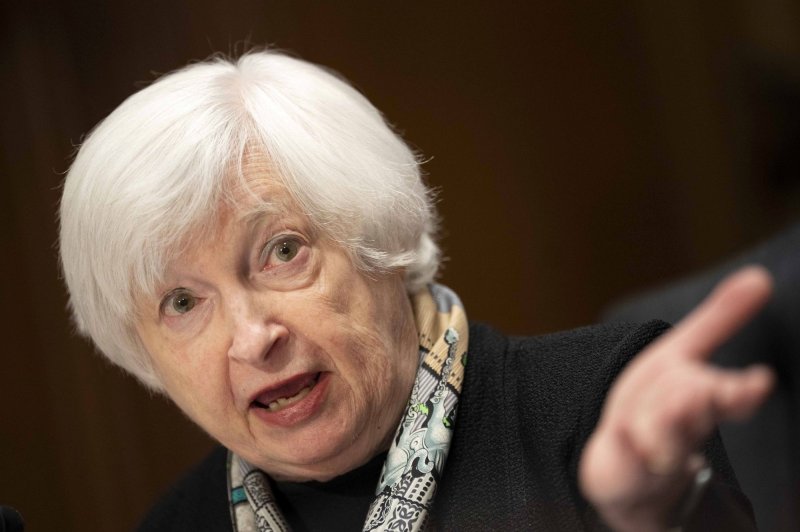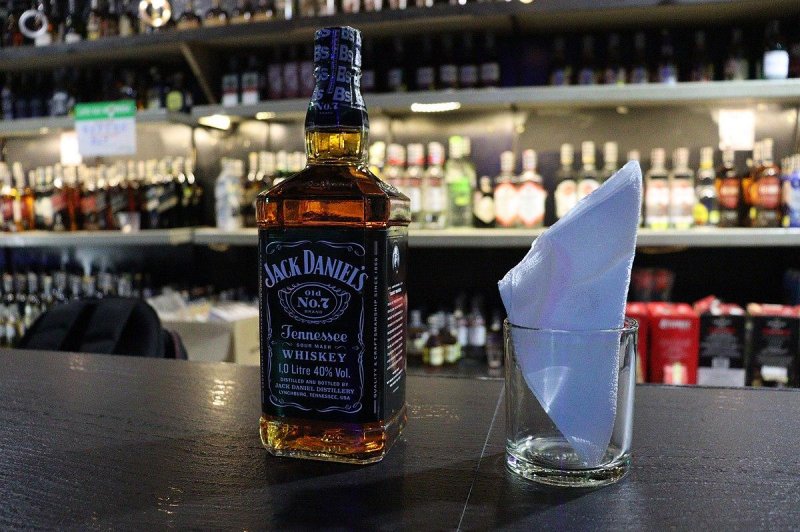LGBTQ RIGHTS ARE HUMAN RIGHTS!
Republicans seize on transgender rights ahead of 2024

Republicans have seized on transgender rights ahead of 2024, with policy proposals including punishing doctors who treat transgender youths to barring transgender women and girls from playing on school sports teams with their peers.
In a February campaign video, former President Trump pledged to enact a federal law that recognizes only two genders if he is reelected in November, claiming that being transgender is a concept that has only recently been manufactured by the “radical left.” The former president in the video also announced his intent to enact close to a dozen policies if he is elected in 2024, all of them targeting transgender people.
Florida Gov. Ron DeSantis (R), who is seen as a top 2024 GOP contender, has called for physicians who provide gender-affirming health care to transgender minors to be sued, and Florida under his administration has barred transgender minors from accessing puberty blockers, hormone therapies and surgeries. A state health department rule adopted in August prohibits transgender Floridians, regardless of age, from using Medicaid to help pay for gender-affirming health care.
Other declared and potential GOP candidates, including Virginia Gov. Glenn Youngkin, South Dakota Gov. Kristi Noem, South Carolina Sen. Tim Scott and Nikki Haley, a former South Carolina governor and ambassador to the United Nations, have proposed policies or made comments that have drawn criticism from the transgender community.
The trend has left transgender Americans watching with concern as the 2024 presidential race kicks into gear.
“Across the community, there’s a broad array of reactions,” said Imara Jones, the founder and chief executive of TransLash Media. “Some people are afraid, others are motivated, others are angry, others are fighting back.”
For Jones, a Black transgender woman who discusses the politicization of her identity on her podcast, “The Anti-Trans Hate Machine,” the fact that all of the major GOP hopefuls have proposed or enacted policies seen as targeting transgender and LGBTQ rights is disappointing, but not surprising.
“This is the result of a decades-long strategy,” Jones argued, pointing to lobbying efforts and model legislation pushed by conservative evangelical organizations, including the Alliance Defending Freedom and the Family Research Council.
Despite consensus among most major medical organizations that gender-affirming care for both transgender youths and adults is safe and medically necessary, more than 100 state bills introduced this year seek to restrict access to care, according to the American Civil Liberties Union.
Meanwhile, state Republican parties across the country have targeted transgender identities in their party platforms. In its official party platform adopted last year, the Texas GOP said state Republicans should oppose “all efforts to validate transgender identity” and said the party recognized homosexuality as an “abnormal lifestyle choice.” Maine Republicans similarly adopted a platform that promised to classify the “promotion of biological genders other than those of male and female homo sapiens” in public schools as child sexual abuse under state law.
Polling shows a divide on the issue overall. An NPR/Ipsos survey released last year found that just 24 percent of Americans support allowing transgender women and girls to play on sports teams consistent with their gender identity, while 63 percent of respondents said they were against it, including 88 percent of Republicans.
Democrats, according to the survey, are especially split, with 46 percent in support of allowing transgender athletes to compete and 41 percent opposed. Most Independents polled — 63 percent — said transgender women and girls should not be permitted to compete on female sports teams, while 21 percent said they should.
Just three in 10 respondents said they support laws or policies that prevent transgender youth from accessing gender-affirming health care, according to the survey.
Republicans have cited the polling in arguing they have room to make inroads with voters outside of their party.
“I don’t think Republicans are actively campaigning on the issue but responding to a handful of instances that have recently become a big deal,” said Alex Stroman, a Republican strategist.
Among the issues that garnered media attention recently was the debate surrounding former University of Pennsylvania swimmer Lia Thomas, who made waves last year as the first openly transgender athlete to win an NCAA Division 1 national championship in any sport.
Noem was among the potential 2024 Republicans who weighed in, rolling out ads critical of rules allowing transgender women to compete in sports. Under Noem’s leadership, South Dakota in 2022 enacted the year’s first law prohibiting transgender athletes from competing on school sports teams that match their gender identity. Since then, 10 states have followed suit, bringing the national total to 19.
While some Republicans agree the issue could play well with their base, there are questions as to how it would translate to a broader electorate in a general election. Some have argued that focusing on the economy, crime and the situation at the southern border is better for reaching more voters in a general election.
A poll released by the Human Rights Campaign, an LGBTQ advocacy group, last year found that a majority of voters were largely motivated by issues like inflation and abortion to cast a ballot in November’s midterm elections. Less than 5 percent of voters said gender-affirming health care for transgender youth or transgender participation in sports motivated them to vote.
Stroman blamed Democrats for shifting the conversation away from kitchen table issues.
“Republicans do want to talk about actual issues facing the American people,” Stroman said, “but Democrats are afraid of their abysmal record on failing banks, multiple train derailments and defeating China, so they use these types of wedge issues — which affect very few actual people in this country — to try and change a system that doesn’t need fixing in the first place.”
Another national GOP strategist told The Hill that Republicans are not targeting transgender people, or LGBTQ people more broadly, at all, maintaining that Republican candidates are laser-focused on protecting children and families.
“I think that phrasing it that way as an LGBTQ issue is kind of feeding into the talking points of the left because that is how they will frame it,” the strategist said.
Democrats, meanwhile, have accused Republicans of weaponizing the issue to generate a political response.
“It also speaks to the hypocrisy of the Republican Party because they act as if certain communities are only represented within certain political parties,” Democratic strategist Antjuan Seawright told The Hill.
“I think what we have to do is always respond with truth and continue to stand up for people,” Seawright said.
But Democrats have been noticeably quieter than Republicans when it comes to transgender rights, focusing instead on issues like infrastructure and inflation. It’s a strategy that could backfire, said Jones, of TransLash Media.
“By not commenting or saying anything, Democrats are allowing Republicans to define the issue,” Jones said.
“What that means is that when the conversation comes up for debate, it’s largely going to be held on Republican terms, which can’t be good for Democrats,” she said.











.png)


